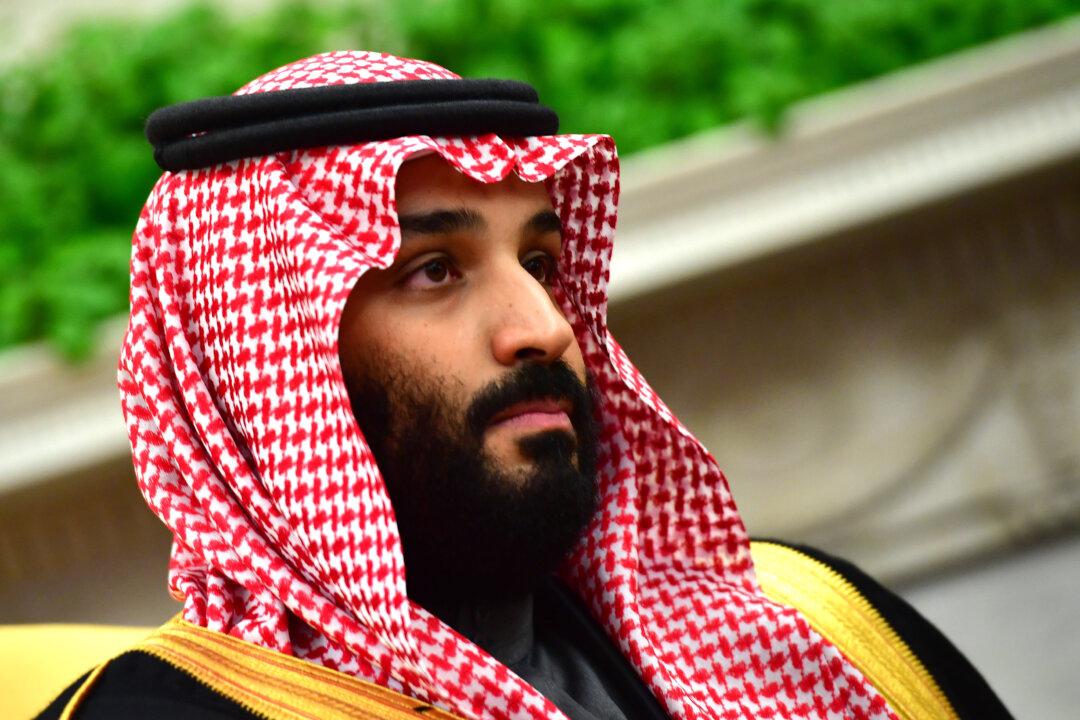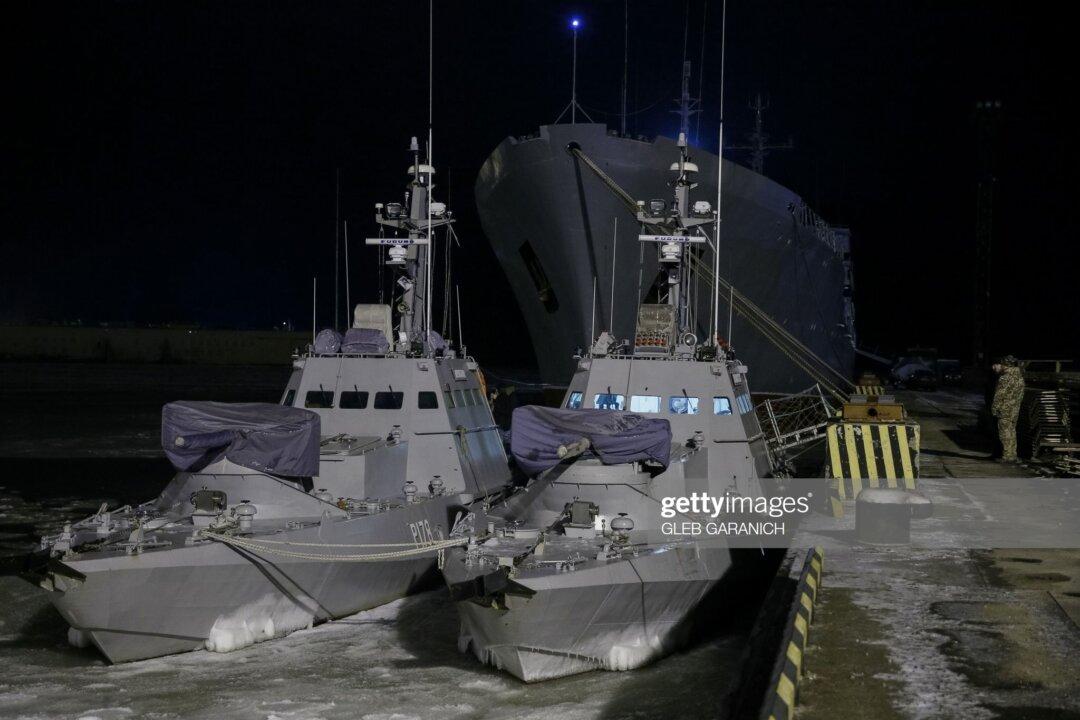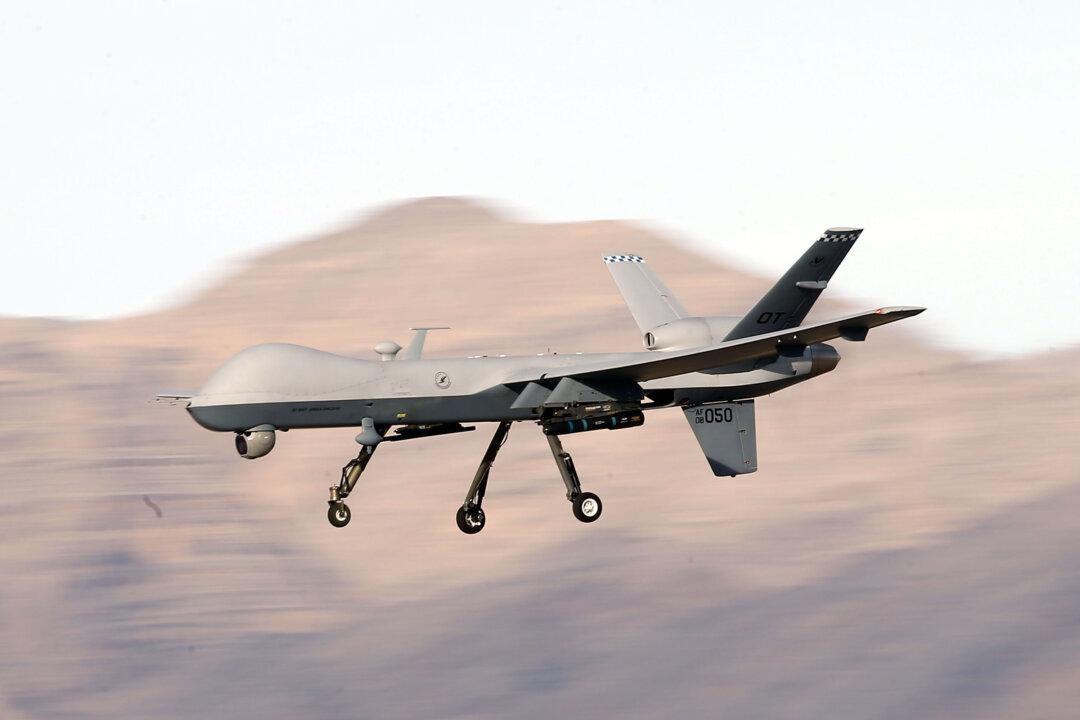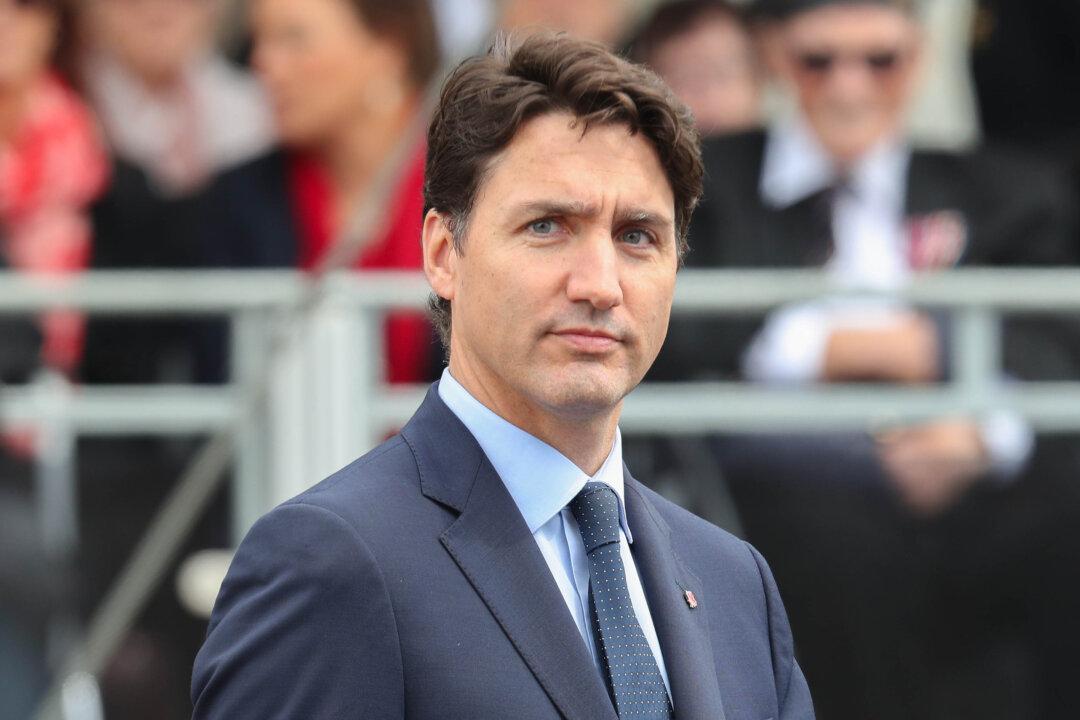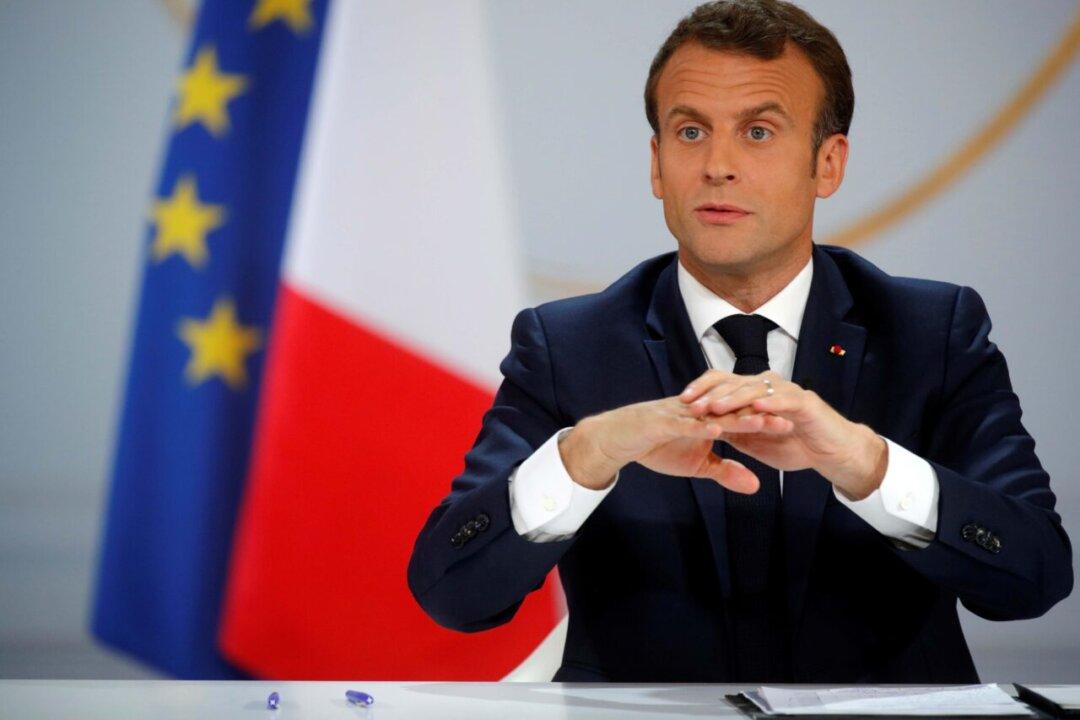For decades, the Saudis have been economic giants and political dwarfs.
Throughout most of the post-World War II period, Saudi Arabia, with its apparently endless oil reserves, has been vital to the West as a (reasonably) safe and secure source of energy. As such, the United States committed to Saudi defense, provided the country with massive amounts of high-tech weaponry and training for its armed forces, and worried over the future of a kingdom headed by leaders with essentially absolute power.
